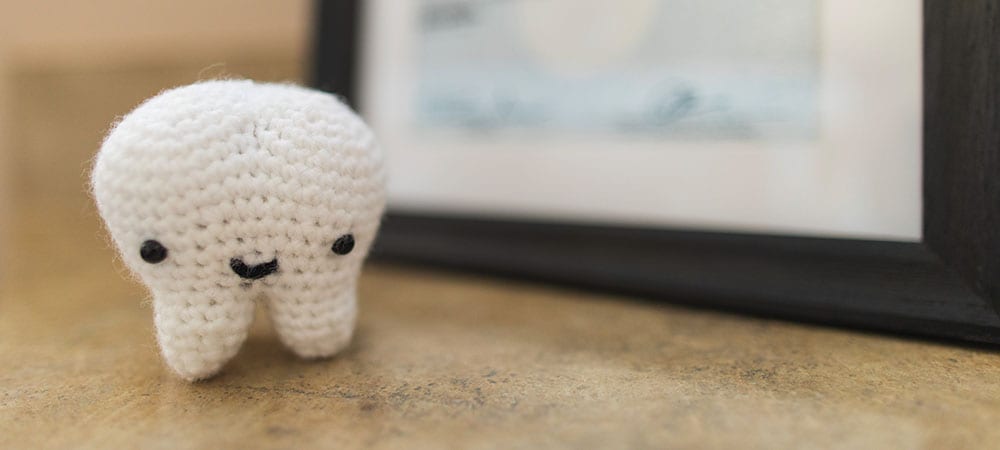
What is Maintenance Therapy?
Once your periodontal treatment is completed it is very important that you maintain regular professional cleanings. Dental research states that a 3 month recall may be required. This is necessary because it takes approximately 3 months for the bacteria to re-grow and start to cause destruction of gingival tissue and bone loss. Our staff will help you with instructions on good oral hygiene at home which will keep periodontal disease from reoccurring or becoming more serious. A few minutes a day is enough to care for your teeth and gums. You do not have to lose teeth to periodontal disease if you brush, floss, eat a balanced diet, stay active and schedule regular dental visits. As time passes, the frequency of your recall may be adjusted, if your home case and the stability of your case will allow adjusting the recall schedule.




